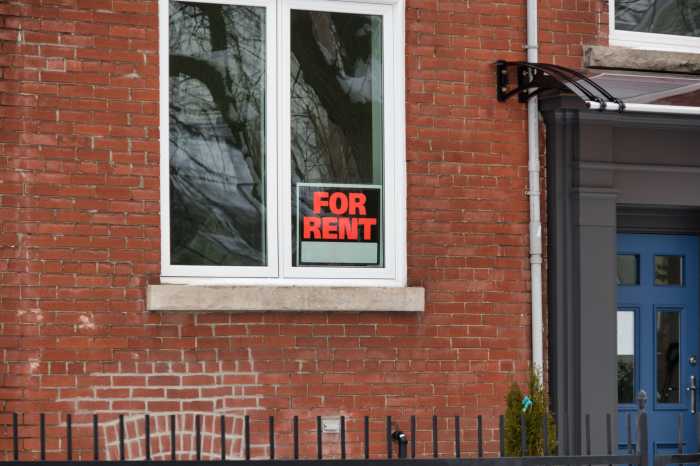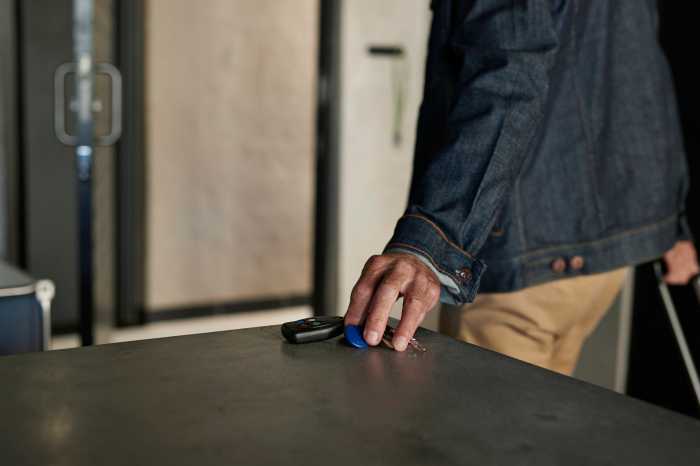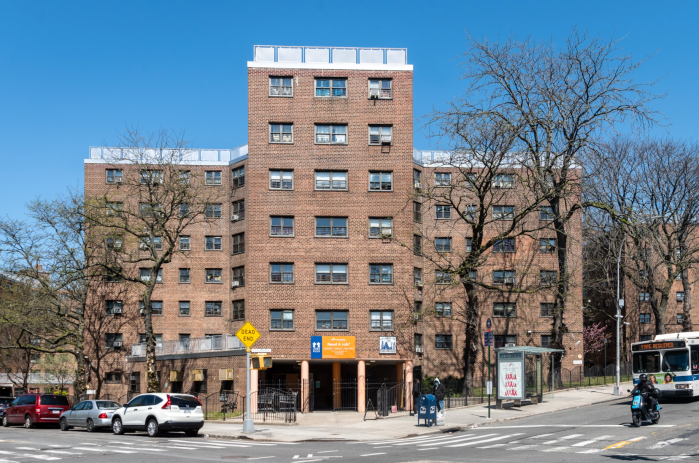Inflation has caused a spike in seemingly every necessity in daily life, including gas and groceries. With the rising price of goods, Queens residents are also finding it hard to pay their housing costs.
Tenzing Tsering rents a house in Jackson Heights but worries he will lose his home since his business is struggling and inflation has curtailed his budget.
“We have to think before we buy or take a step,” Tsering said. “Inflation has affected my family budget a lot. If we don’t pay rent, we will have to leave the house, and if we pay rent, we have to reduce all our daily needs. It’s very difficult.”
Luckily, Tsering said his rent has not increased, although he had great difficulty paying once his business, Punda Tibetan Restaurant, lost 75% of its revenue during the pandemic.
According to a New York Times report, rent costs rose 0.4% in December due to supply chain issues and labor shortages that inevitably contribute to rising housing costs.
According to White House data, supply issues have driven up the cost of home construction, resulting in a hike in housing prices. The cost of lumber increased 114% over the 12 months since May 2021— the highest recorded 12-month growth. The price of iron and steel also increased by 73% over the past year.
Carlos Pereyra, a homeowner in Ridgewood and owner of Carper Home Improvements, said that the price of supplies for his business has gone up about 30% or 40%.
“Business is pretty slow, the prices of things keep going up but I have to keep my prices the same,” Pereyra said. “We pay the mortgage, but I was very close to losing the house. Living is expensive, I’m trying to save money for the mortgage, but everything is expensive. Not much room for anything, but we still get by. I am just waiting for everything to get better, but there’s nothing else we can do.”
Another business owner in Glendale, Berangere Champagne, who owns Qwik Pack and Ship, agreed that the price increase has made it hard to keep up with her bills. Champagne said that she had no option but to raise her prices, which in turn made her lose some customers.
“Costs of materials have gone up, which slows us down big time,” Champagne said. “It’s a fight as a small business. It’s a real struggle.”
Fortunately, Champagne said her husband could make up for any profit losses and pay their mortgage for their home in Ridgewood. However, Champagne is worried about being able to afford the rent of her business space.
“I’m very scared to lose my business we’re feeling the hit right now,” Champagne said. “Right now, we’re not making any profit. And at some point, if prices still are getting higher, we can’t keep raising our prices because we’ll lose our customer base. There’s a limit to what we can take.”
Champagne is resilient and said that despite everything, she hopes to stay in Ridgewood to provide shipping services for her community. Unfortunately, only a few are as fortunate as Champagne to have someone to fall back on and pay for housing costs. Sandy Jimenez, who rents an apartment in Sunnyside, said inflation has forced her to make a strict budget to keep up with rent.
“It has been hard,” Jimenez said. “Especially with everyone at home, food became expensive for us. My partner also lost his job at the start of the pandemic. We had a really hard time making ends meet.”
Jimenez said she had no choice but to apply for the Emergency Rental Assistance Program (ERAP), which provides economic relief to help low- and moderate-income households at risk of losing their housing. ERAP has helped over 100,000 homes across the state since March 1, estimating about $2 billion in assistance.
According to the Office of Temporary and Disability Assistance (OTDA), nearly 40,000 prospective rent applications were submitted in Queens, with the highest amount of applications from Corona.
Queens residents are on the verge of losing their housing or businesses due to the rising costs affiliated with inflation.
With fear in their voice, many said that if things don’t change soon, they will lose a lot by this time next year.




































